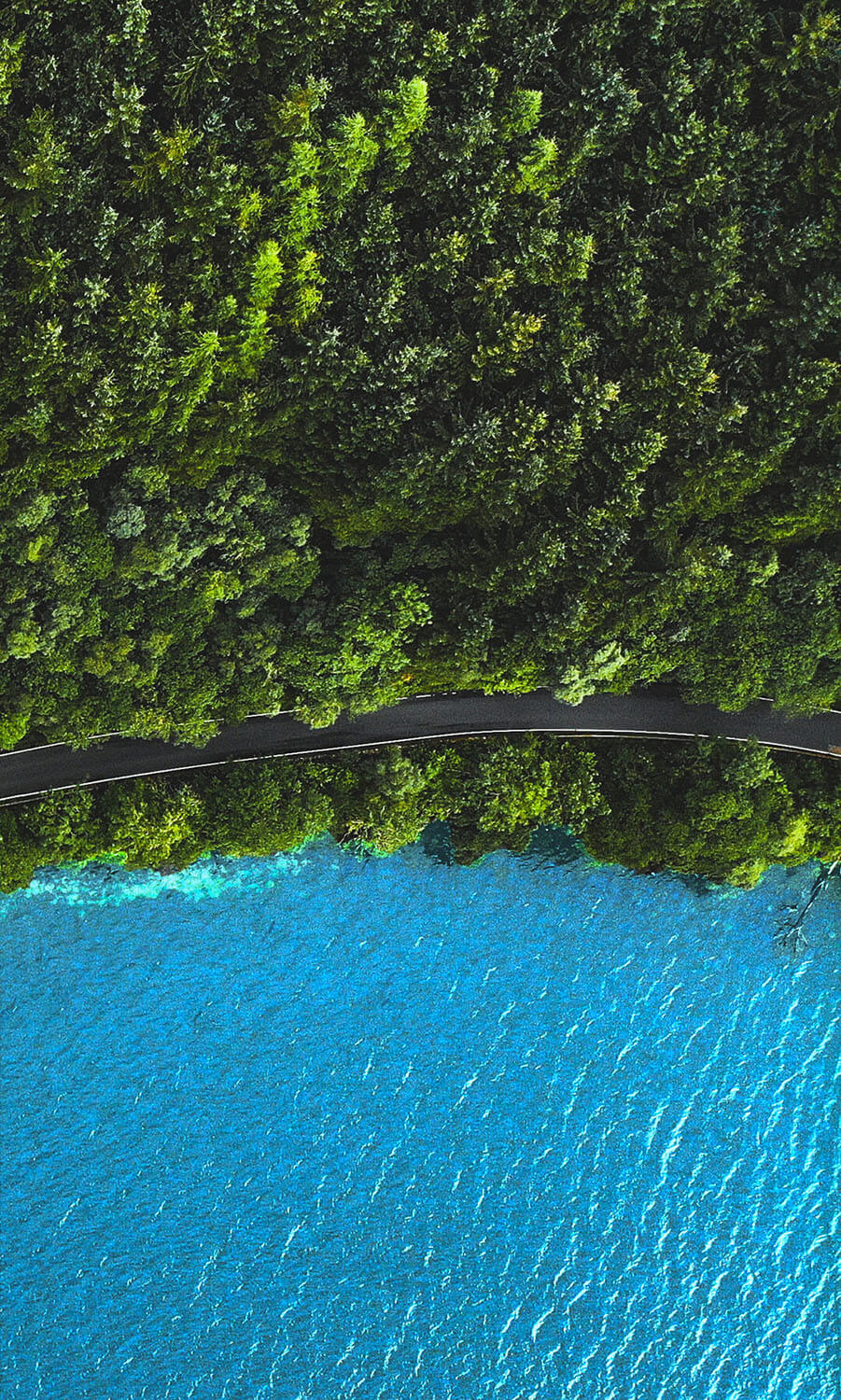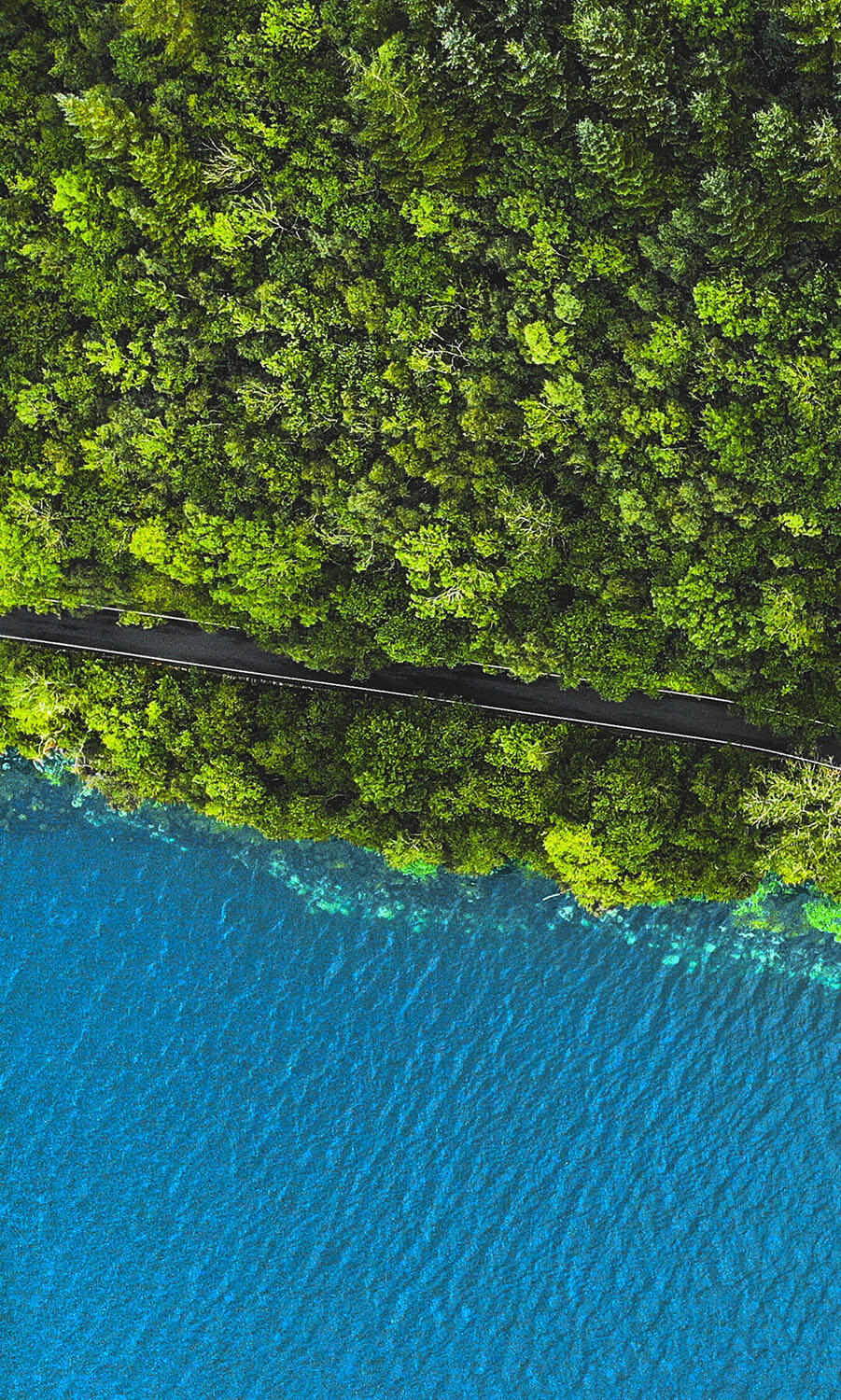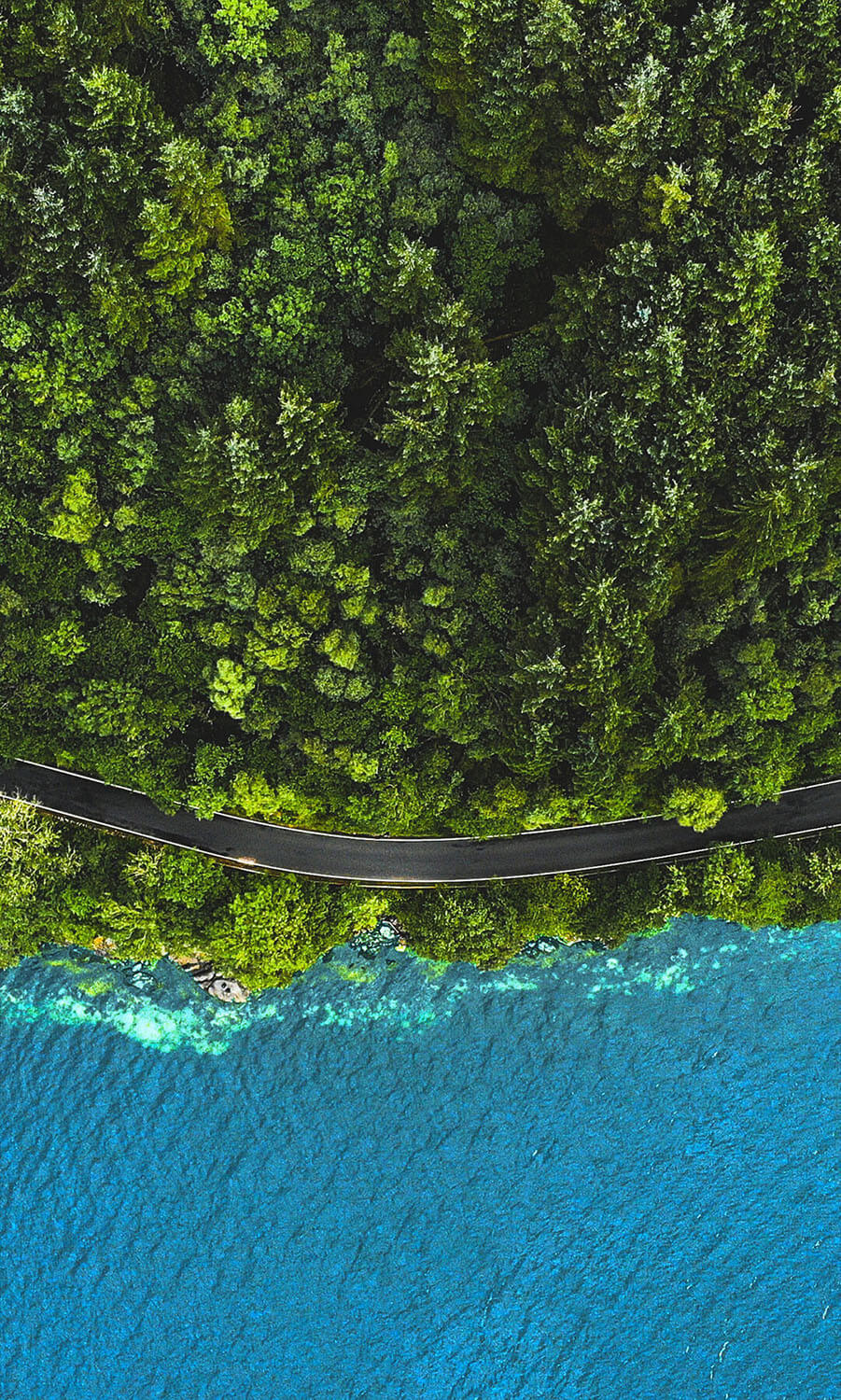Shutai and Metabolic Sociology
“. . . the problem now is to explode the concept of history by the anthropological experience of culture. Nor again will the consequences be one-sided: an historical experience will as surely explode the anthropological concept of culture – structure included” –Marshall Sahlins
My Journey
~ Questioning the anthropological concept of culture in the Anthropocene ~
Summary
A short explanation of 'shutai' and metabolic sociology
Reflexivity Spiral
Understanding 'shutai' as a reflexive spiral of learning and becoming, from its noetic constitution, noematic experience, to its transformative praxis

The Work of Becoming in the Age of AI
Under Construction
Yuka Hasegawa
I am a sociocultural anthropologist and a Japanese-English translator/interpreter. I moved away from teaching Japanese popular culture because I saw how it commodified education. Learning about the history of Pedagogical Anthropology inspired me to pursue a more sustainable path—one that fosters lifelong learning and the fulfillment of human potential.
Education and Research
as a Cultural Service*
Humans thrive in environments where they are free to explore the depth of being and becoming within safe, supportive, and diverse communities. I believe education and research should recognize themselves as benefits of ecological systems that create this environment while making themselves beneficial to improving human well-being and nurturing human becoming.
*Cultural services are a category of ecosystem services along with provisioning, regulating, and supporting services that ecosystems provide for human well-being. Cultural services are nonmaterial benefits people obtain from ecosystems through spiritual enrichment, cognitive development, reflection, recreation, and aesthetic experiences. Services include, but are not limited to, cultural diversity, spiritual and religious values, knowledge systems, educational values, inspiration, aesthetic values, social relations, sense of place, cultural heritage values, recreation and ecotourism (Millennium Ecosystem Assessment, 2005).

